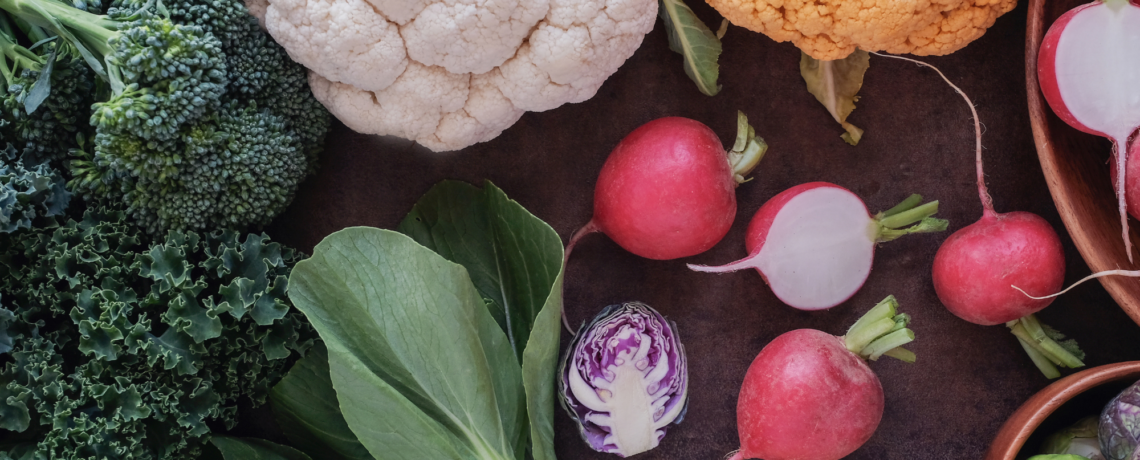Women’s Regenerative Health Treatments Enhanced Wellness Living, Ridgeland, Mississippi, Functional Medicine Clinic Kelly Engelmann, Founder, Family Nurse Practitioner, Lead Functional Medicine Nurse Practitioner When it […]
The Ultimate Guide to Managing PCOS: Foods to Embrace and Avoid
Women’s Regenerative Health Treatments Enhanced Wellness Living, Ridgeland, Mississippi, Functional Medicine Clinic Kelly Engelmann, Founder, Family Nurse Practitioner, Lead Functional Medicine Nurse Practitioner Polycystic Ovary […]
Empowering Wellness Journeys: Jim LaValle’s Integrative Approach to Blood Sugar and Health
Kelly Engelmann: Welcome to the Synergee Podcast, where myself, Kelly Engelmann, and Lori Esarey shed light on powerful tools and topics that nourish your body, […]
Navigating the World of Gut Health and Probiotics
Lori Esarey: Wellness is a practice, not just a word. Kelly Engelmann: Welcome to the Synergee Podcast, where myself, Kelly Engelmann, and Lori Esarey shed […]
Vibrant Eats and Herbal Treats for Nourishing Body and Mind
Lori Esarey: Wellness is a practice, not just a word. Kelly Engelmann: Welcome to the Synergee Podcast, where myself, Kelly Englemann and Lori Esarey shed […]
5 Natural Ways to Enhance Your Body’s Detoxification Process
Detoxification often brings to mind strict diets or intense cleanses. However, supporting your body’s natural detoxification processes doesn’t need to be extreme. In fact, it […]
Healing At The Root with Taylor Yowell
Kelly Engelmann: Wellness is a practice, not just a word. Welcome to the Synergee Podcast, where myself, Kelly Engelman and Lori Esery shed light on […]
Unveiling Glutathione: The Ultimate Detox Ally for Your Health
In the journey to optimal health and wellness, detoxification is a term that resonates with many. Amidst a sea of detox solutions, there’s one powerful, […]
Women’s Health – Top 7 Foods for Enhancing Reproductive Health
Top 7 Foods for Enhancing Women’s Reproductive Health Women’s Regenerative Health Treatments Enhanced Wellness Living, Ridgeland, Mississippi, Functional Medicine Clinic Kelly Engelmann, Founder, Family Nurse […]
The Importance of Proper Nutrition
You probably know that it’s important to exercise and visit the doctor to ensure that your health is on track. Although you might think about […]





